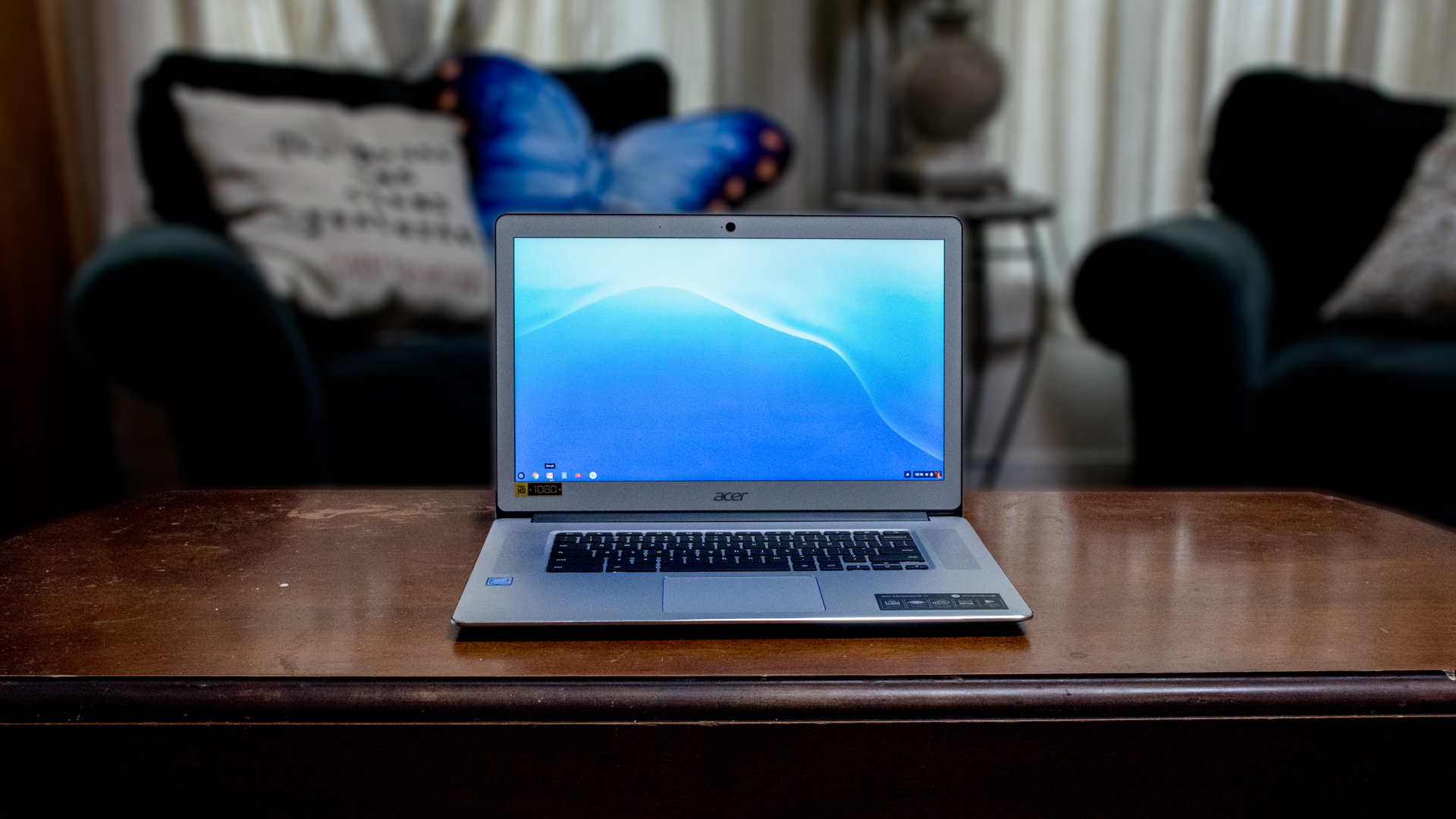Google might breathe new life into old Chromebooks with ChromeOS Flex
Google remains committed to improving device longevity

Sign up for breaking news, reviews, opinion, top tech deals, and more.
You are now subscribed
Your newsletter sign-up was successful
Don’t throw away your out-of-date Chromebook just yet as newly found evidence suggests Google may expand the availability of ChromeOS Flex to the old laptops.
This information comes from tech news site Chrome Unboxed after they recently dove into Google's Chromium Repositories where they stumbled across references for a “Flexor” project. They dug deeper eventually discovering code talking about installing a thirteenth partition to ChromeOS. The reason why the website believes the partition is actually ChromeOS Flex is its file size is 10GB, indicating it's an entire operating system and “not just some small addition.”
There’s even a note in the repository stating installing the script “inserts a thirteenth partition on disk”. Apparently when installation begins, a message reading “Start flex-ing” will appear on the screen, according to Android Central.
Why ChromeOS Flex is important
Now you may be wondering: what even is ChromeOS Flex?
Well, it’s a cloud-based, lightweight version of ChromeOS that can turn old PCs and Macs into a form of Chromebook. This system can run on desktop computers as well as laptops alike. It was meant mainly for businesses and students to revive outdated hardware into a well-performing machine, but anybody can join the program. You just have to register on Google’s website first.
Instructions for installing the operating system are available online. The only thing you’ll need, besides an old computer, is a USB drive with enough space to house a bootable version of Flex. Chromebooks are unable to run the Flex system currently. However, that could change sometime in the near future. That decrepit laptop collecting dust could have a new lease on life.
It’s hard to say for sure when this update will launch exactly. At the time of this writing, Google programmers have been working on the Flexor project for about a week. Funny enough, one of the team members left a message in the repository stating “doing the final install, keep fingers crossed”. As Chrome Unboxed points out, everything is still in a “very early process”
Sign up for breaking news, reviews, opinion, top tech deals, and more.
Analysis: Long term support
This is coming at an interesting time as it’s a part of Google’s renewed interest in device longevity and repairability. We saw this recently with the announcement that the Pixel 8 will get seven years of updates post launch. It is great to see this attitude potentially expand towards their laptops.
The tech giant has received a lot of flack from users, accusing the company of abandoning many Chromebook models, leaving them vulnerable to cyberattacks. Since then, Google has made an about face by pledging to “roll out software updates to Chromebooks for the next 10 years after a product launch”. However, due to the rules of the 10-year plan, certain laptops will not receive the same level of support as others. Some have shorter update cycles.
If the Flexor project comes to fruition, users might not have to worry about uneven support. You could buy that super cheap $65 Chromebook, install Flex, and rest easy knowing your personal information is safe. Now the question is will Flex Chromebooks receive 10 years of upgrades? We have no idea. Hopefully, they will, but again, it’s too early to say for sure.
If you’re heading back to school (or thinking about it), we recommend checking out TechRadar’s list of the best student Chromebooks for 2023.
You might also like

Cesar Cadenas has been writing about the tech industry for several years now specializing in consumer electronics, entertainment devices, Windows, and the gaming industry. But he’s also passionate about smartphones, GPUs, and cybersecurity.